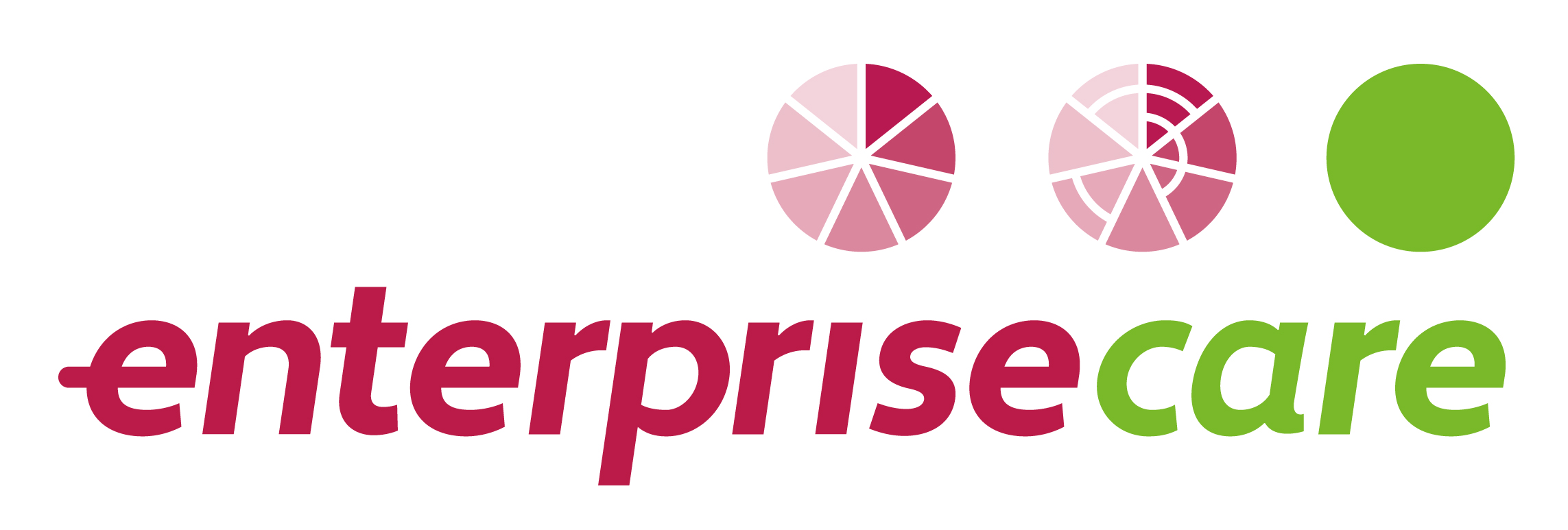Mental health struggles are putting quality of work at jeopardy
With ‘burnout’ among employees soaring to unprecedented levels, mental health struggles in the workforce are putting quality of work under huge strain.
According to the research findings published by the global HR firm of ADP in “People at Work 2022: A Global Workforce View”, the following have emerged as significant issues to be addressed:
- “Mental health: Stress is increasing, and work is suffering, with 7 out of 10 Australians surveyed saying stress is prevalent;
- Pay and benefits: Salary is now a key priority for many, however it’s not all that matters. Around half of respondents surveyed would accept a pay cut if it meant improving their work-life balance.
- Workers want change: People generally are now looking beyond just their salary and financial benefits. They are re-evaluating the importance of job security and business ethics as part of who they are and how they wish to live their lives. More flexible working conditions, including working remotely together with better organisational culture have become serious considerations when evaluating a role.
- 64% of staff would consider looking for a new job if they were forced to return to the office full time.”
For many this has been an actual experience, either personally, or through friends, who have taken up a new job, because they were forced to return to the office full time.
Living a life with meaningful social impact is becoming nonnegotiable for millennials
Increasingly, the apparent individualised concerns have become a common shared concern among employees. There are deep feelings and convictions that have emerged from our Covid period. These are not transitory, nor are they able to be dealt with as once they may have been in the past.
Employees now seek to have a life that support their making a meaningful social impact. While the baby boomers saw this as something for them to embark upon as part of their retirement, the millennials, and others, do not wish to wait. This can no longer be kept segregated in the lives of employees. It has now become who each employee is as a person; and who each thrives to be as a whole person.
If anything, Covid taught us that our lives are one. So, all of our activities are a part of who we are as a person, and the expressing of it needs an outlet at work.
Gartner Inc. in a HR article published in August 2019 commented:
“In 2028, people will actively seek opportunities to tie their impact and value in their work to their mission, purpose and passions. Viewing others’ posts on social media will motivate people to get more involved and contribute to social innovation and equitability.”
Instead of 2028, it can easily be read as 2022, as this is occurring and is widely present.
Remaining competitive in the marketplace
Every organisation is now challenged to ensure:
- Its future can be sustainable, and
- It remains competitive in their own marketplace.
Hence, high performance organisations will ensure they are, and remain, highly attractive to quality employees through ensuring they have the right package offering.
Money cannot be overlooked
Money cannot be overlooked as it is especially important, especially as so many people feel they contributed over and above for the last few years and now need the recognition. In addition, organisations should explore how they present themselves and communicate to their employees concerning offering an opportunity to have socially meaningful impact through work.
Ultimately, this links to what might be the current organisation’s staff engagement level, and importantly, the organisation’s desired staff engagement level.
Action points to consider
Based on various of the findings, a number of key messages can be identified for action. Opportunities exist as leaders to initiate a number of actions, including:
- Consider firstly, are your organisation’s salary levels sufficient that an employee may engage in trade-off discussions?
- Secondly, if there is scope for employees to discuss and exercise genuine trade-offs, what trade-offs might be on the table involving salary?
It means being prepared to identify and appreciate the selected trade-offs and their possible significance to the employee and for the operations of the organisation. - Thirdly, other factors should be considered to be implemented regardless, as simply good practice and to retain talent – striking a balance between caring about people’s wellbeing and increasing productivity level for your organisation.
Maybe consider one of the other:- A bonus ‘birthday day off’
- Health insurance benefits
- Wellness programs
- Finally, there is always the obvious action to take – ask your employees. Seek to establish what employees really want in terms ‘greater flexibility’ and ‘better support’. For example, do they really want:
- Longer hours but compressed to 4 instead of 5 days, or
- Having the same number of hours worked during the week but flexibility as to when they work, and where they work?
The ADP research also mentioned that two thirds (66%) of employers surveyed are now offering financial advice to staff. This is following an understanding of just how important and meaningful this type of support can be for people’s overall wellbeing.
The critical challenge is ensuring that your organisation is and remains in a position of competitive advantage. This is achievable provided timely decisions are made to act on the changing needs and sentiment in your orgnisation’s workforce.
How Enterprise Care can help you
Enterprise Care has led many Remuneration consulting projects over the last 20 years across a myriad of sectors and industries. Our collective knowledge and understanding of remuneration policies and practices, the challenges of remuneration trade-offs, as well as culture insights and how healthy is staff engagement, offers a more positive and integrated approach in managing people’s professional pathways.
Contact us today for a discussion on how we may be able to help.

